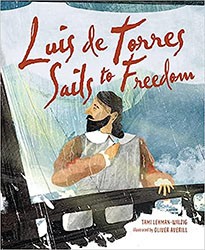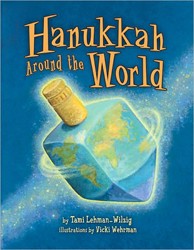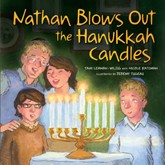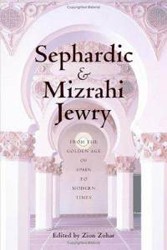Anyone looking for a new Hanukkah-themed children’s book might take interest in a little-known fact in American history: the famous Boston Tea Party of 1773 took place on the last night of the Jewish freedom festival. Fictionalizing the coincidence, Tami Lehman-Wilzig, Rabbi Deborah R. Prinz, and Fede Combi invite readers to imagine a connection between the Maccabees’ rebellion and the heroic uprising of American colonists against Great Britain. Indeed, The Boston Chocolate Party follows Sephardic Jews as they seek freedom and prosperity in their new home. When unfair British taxation policies galvanize patriots to protest, the lives of Jews and their neighbors intersect in a surprising way.
At the beginning of the book, Joshua Mendes and his father are waiting for a ship to dock in Newport harbor. This impressive vessel is bringing a cargo of chocolate beans for shipment to Boston, where residents will use them to make a substitute beverage for politically controversial tea. But here at home in Newport, the Sephardic community is already prepared to convert the beans into a delicious drink, and to serve it on the festival of Janucá (Hanukkah). A cozy scene of celebration features the family enjoying hot chocolate, the fried dough pastry buñuelos, and the glow of the chanukiyah placed in the window. A portrait of the Rambam (Maimonides) hangs in a place of honor over the fireplace. The picture offers passage into discussion about different cultures within the Jewish world.
When Joshua finally convinces his parents to allow a visit to his friend Isaac in Boston, the two stories of courageous uprising, Jewish and American, cross paths. Isaac’s family, like that of many others in the colonies, is struggling. His widowed mother can barely put food on the table, let alone provide the extra delicacies expected for the holiday. Personal initiative and communal aid matter equally when Isaac’s mother, with the help of her friends, opens a small business ready to serve chocolate to eager Bostonians. The food becomes both a means to economic betterment and an act of patriotism.
As Joshua and Isaac look through the window, they suddenly become witnesses to a dramatic turning point in the colonies, with Isaac noting that the demonstrators outside “look angry.” He comments that the “tea party” taking place does not look like a party at all — although the authors point out in their afterword that the title of “Boston Tea Party” was not used at the time the protest took place. Given that this is a book for young children, the authors choose to make the connection explicit.
Just like any celebration of Hanukkah/Janucá, there are many ingredients contributing to this appealing new book. Jewish multiculturalism, community support in the face of adversity, and a thirst for freedom all add up to an engaging story about a Jewish American past.
Emily Schneider writes about literature, feminism, and culture for Tablet, The Forward, The Horn Book, and other publications, and writes about children’s books on her blog. She has a Ph.D. in Romance Languages and Literatures.





